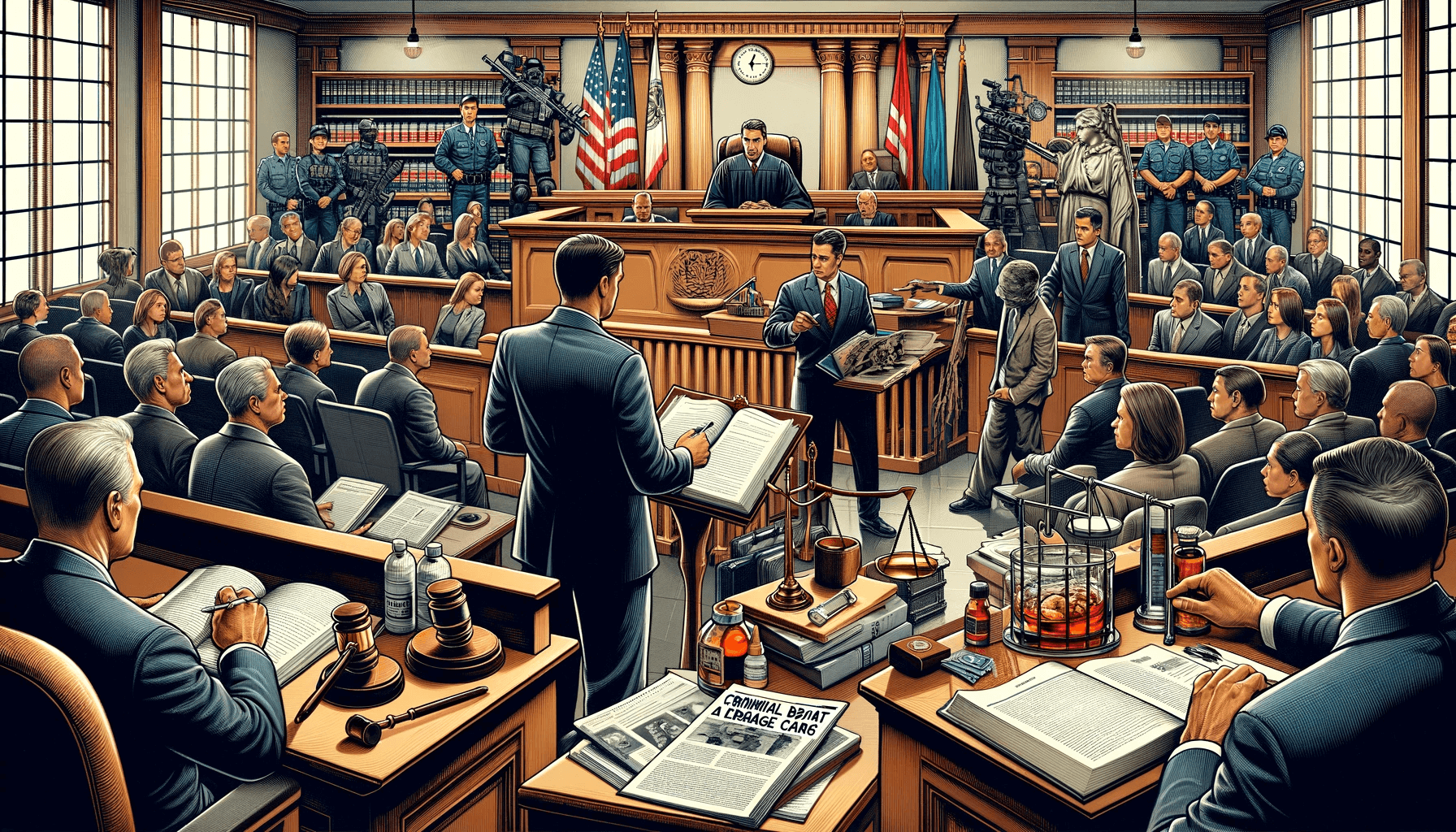Hi there, I’m John M. Kaman of Kaman Law Firm, and today we’re tackling a critical legal question: How do you beat a criminal damage charge? This is a concern for many facing such allegations, and rightly so. Let’s dive into this with a clear, objective lens, offering a comprehensive guide.
Understanding Criminal Damage Charges
Before devising a defense strategy, it’s essential to understand what constitutes a criminal damage charge. This charge usually arises when someone is accused of knowingly damaging another person’s property without permission. The severity of the charge can vary based on the value of the damaged property and the circumstances of the incident.
Key Elements of Criminal Damage:
- Intentional Damage: The act must be deliberate, not accidental.
- Property Belonging to Another: The property damaged must belong to someone else.
- Lack of Consent: The property owner did not consent to the damage.
Building a Strong Defense Strategy
When facing a criminal damage charge, the right defense strategy is crucial. Here are some potential defense approaches:
- Lack of Intent: Arguing that the damage was accidental or unintentional. Proving that there was no intent to harm the property can be a strong defense.
- Mistake of Fact: Demonstrating that you believed you had permission or a right to alter the property in question.
- Ownership or Right: Asserting that you had ownership of the property or a legitimate right to alter it.
- False Accusation or Mistaken Identity: Providing evidence that you were not involved in the damage or that the accusation is false.
The Role of Evidence
Evidence plays a pivotal role in defending against a criminal damage charge. This can include:
- Witness Testimony: Statements from individuals who can attest to your intent or actions.
- Surveillance Footage: Video evidence showing the incident.
- Expert Testimony: Specialists who can speak to the nature of the damage or refute claims made by the prosecution.
Legal Considerations and Rights
Remember, in the legal system, you are innocent until proven guilty. This means the prosecution must prove beyond a reasonable doubt that you committed the act intentionally. Knowing your rights, including the right to remain silent and the right to an attorney, is crucial.
The Importance of a Skilled Attorney
This is where experienced legal counsel comes in. A skilled attorney can:
- Analyze the Case: Understanding the strengths and weaknesses of the charges against you.
- Develop a Defense Strategy: Tailoring a defense specific to your situation.
- Negotiate with Prosecutors: Sometimes, charges can be reduced or dismissed through negotiation.
Preparing for Court
If your case goes to trial, being prepared is key. This includes:
- Understanding Court Procedures: Knowing what to expect in the courtroom.
- Presenting Your Case: Effectively communicating your defense to the judge or jury.
- Cross-Examining Witnesses: Challenging the prosecution’s evidence and testimony.
Conclusion: Navigating the Legal Process
Facing a criminal damage charge can be daunting, but with the right approach and legal support, it’s possible to build a strong defense. At Kaman Law Firm, we specialize in helping individuals navigate these challenging situations. If you’re dealing with a criminal damage charge and need guidance, don’t hesitate to reach out.
Remember, each case is unique, so personalized legal advice is essential. Let’s work together to explore your options and find the best path forward in your legal journey.









Leave a Reply